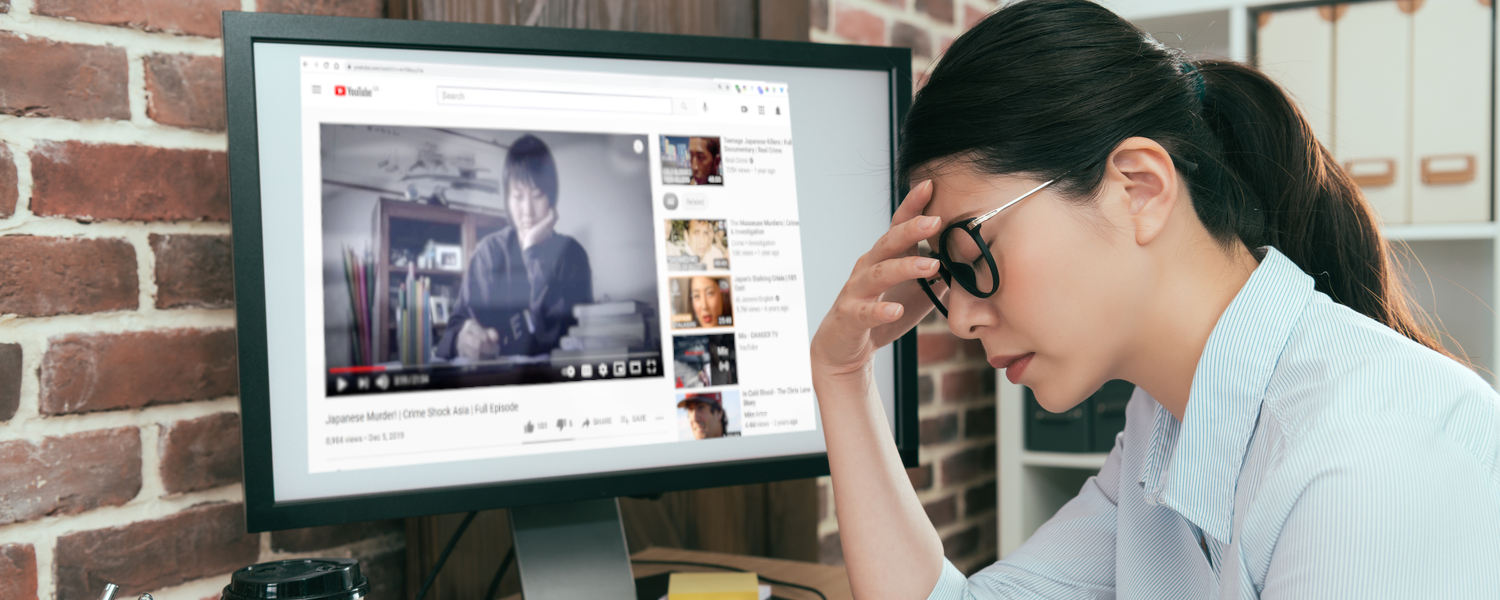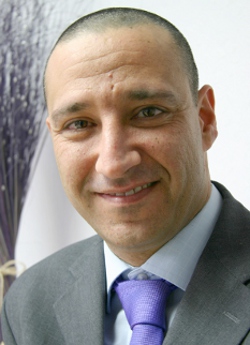Online Defamation on YouTube
- Details
- Hits: 25334

How to remove a defamatory YouTube video
Online reputation attacks can be significantly more powerful when videos are used to attack your reputation. Google tends to include videos in its search results which makes it hard to avoid finding defamatory videos. If there is a video match to your name, it is likely that this video will score highly in search results.
Understanding online defamation on YouTube
Removing online defamation on YouTube
Delete defamatory YouTube video from internet searches
Understanding online defamation on YouTube
YouTube videos are different to other internet posts for various reasons. Firstly, you can present a theory or an allegation to internet users without actually having to say anything. Videos don’t have to contain spoken words. They can just include images or written text. It is easy to defame someone by innuendo. In other words, by providing a contextual background to images and text which is misleading. It is easy to take things out of context in a video, even if what is presented to the viewer is true.
Furthermore, with videos you can mix and match facts, places, locations and give the viewers very little choice but to arrive at a very specific conclusion, which in many cases might be deliberately misguided. YouTube defamation is often characterised by the excessive use of tags, comments and other techniques that rely on search engine optimisation. Repetition of the victim’s name in the video title, in the video description and in the video comments section would often be enough to make sure that the defamatory YouTube video ranks high enough on search engines.
Removing online defamation on YouTube
There are some additional challenges in removing YouTube defamation, challenges that don’t often exist with regular defamatory posts on the internet. YouTube is open for individuals to post with false names and redirected IP addresses. This often makes it difficult to track the poster down. Because they post on a platform which belongs to Google, Google often takes it upon itself to protect those people’s free speech, even though they might be nothing but a hired agent from outside of the US who has been paid to post defamation on behalf from another party who is also located outside of the US. The free speech argument by Google could often cause delay in having YouTube defamation removed from the internet.
When reporting defamatory YouTube videos to Google, you are often asked to refer to very specific defamatory statements within the defamatory video. It means you have to go through each statement on the video, make its timeline and refer to it with an explanation why it is defamatory. This could be challenging to do because it means you need to look at each defamatory statement individually, which is not the way English defamation law works. Under English law, the words themselves have little importance when it comes to proving defamation. What matters the most under English law is the meaning that people give to the words, images of videos.
A defamatory YouTube video may have no spoken words in it, yet under English law be highly defamatory because of context or innuendo. These matters are not always immediately understood by the Google content moderators; hence the reason why often requests to remove defamatory YouTube videos are initially refused. Google has the ability to disable comments on YouTube videos or have viewing restricted to specific countries. It means that Google might restrict viewing of the defamatory video in England, but the video will still be fully accessible in the USA or Canada. This does not always provide a full solution to the business or to the individual who had been suffering from the defamatory YouTube video. To have a YouTube video completely deleted, will often require additional effort.
Delete defamatory YouTube video from internet searches
Having a defamatory YouTube video disabled or even completely deleted from YouTube, is unlikely to automatically result in the removal of the defamatory YouTube video from Google search results. Google search and YouTube are separate arms of Google and as a result they don’t always co-ordinate their actions.
It is therefore very common for Google to disable a defamatory YouTube video on YouTube, and at the same time having the very same video being shown on Google search results, often with a rich snippet which includes the video title and a description. Often you will need to pursue action for the YouTube removal twice, first with YouTube and then with Google searches.
Are you a victim of defamation? Time might be of the essence. Call us now for legal advice on +44 207 183 4123 or send a request and we will contact you as soon as possible.











